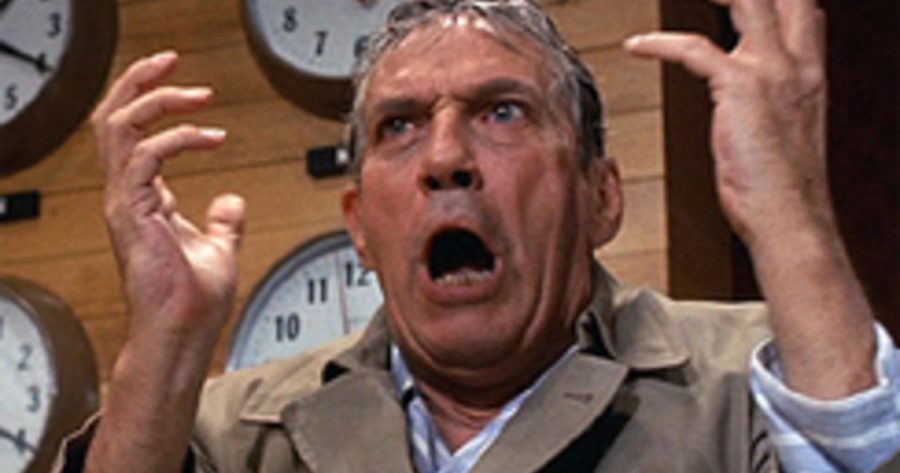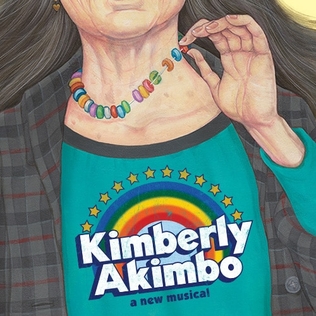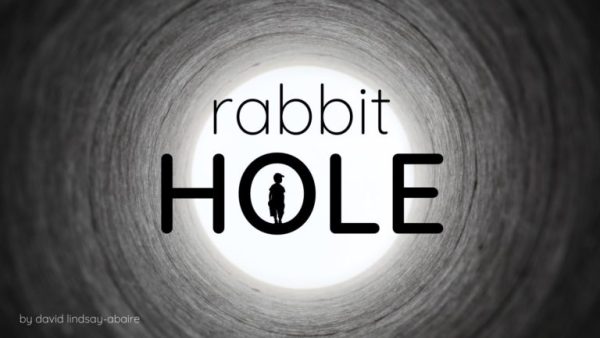“Network” and the Mainstream Media
March 14, 2022
“Network” was released 46 years ago and it still exposes the corruption within the mass media today.
The film is about a fictional television network called UBS who exploits terrorist violence and their deranged news anchor, Howard Beale, for ratings, views, and money. UBS gives Beale his own show where he “denounces the hypocrisies of our time” and exposes corporations involvement in foreign affairs, affecting UBS seriously.
“Network” stars William Holden, Faye Dunaway, Robert Duvall, and Peter Finch as Howard Beale. It won a total of 4 Academy Awards, including best actor for Peter Finch and best actress for Faye Dunaway.
The film was originally written as a satire in the 1970s by Paddy Chayefsky. Chayefsky’s screenplay was praised by his colleagues saying that he could “see the future” when he wrote the film. The Writer’s Guild of America named Chayefsky’s screenplay as one of the best screenplays of all time. Chayefsky’s work won him the Academy Award for best original screenplay.
“It’s an enormous industry. And right now, it’s an industry that’s dedicated to one thing: profit,” Chayefsky said in an interview with Dinah Shore in 1976. “And the only responsibility they have is to their stockholders. And that, I think, is worth knowing, that what you see on television is what’s getting money for the network. And it’s not true.”
“What’s Amazing is what seemed like a satire then isn’t a laughing matter at all,” Robert Osborne, former Turner Classic Movies host, said while introducing the film in 2014.
“I still write realistic stuff. It’s the world that’s gone nuts, not me,” Chayefsy said in an interview with Time Magazine in 1979. “It’s the world that’s turned into a satire.”
The news media today is a mirrored image of the world in “Network.” News broadcasters and producers today sensationalize and over exaggerate headlines to attract viewers and increase their ratings. These broadcasters tend to focus more on violence and a deranged society instead of informing and assuring the audience.
The film also explores big corporations’ involvement in the media. In the film, Howard Beale exposes a big corporation’s involvement with a Saudi Arabian company and ends up paying the price at the end. Today, if one were to speak against the mainstream media, they are labeled as unreliable and exiled out of the spotlight.
The mainstream media should learn from Chayefsky’s work. They should tell the truth because the people don’t want to know the truth. The mainstream media lies so they can tell the people what they want to hear. They create an illusion to the audience and they believe the allusion.
The people have gone seldom with the news. The audience wants something to outrage and anger them. They want to see anti-establishment and counterculture movements. The media outlets want to exploit violent stories, devastating events, and even track the murders of the week. The media producers see these stories as profit and high ratings.
With this information, one can question whether the media is lying for profit. Some can label this behavior as “fake news” and protest the media’s credibility. This can also outrage and anger the people.
“Network” is more relevant today than it was then. It can teach a lesson to the next generation. It can tell them that the mainstream media only cares about money and ratings. It shows that the mainstream media will exploit anything for their gain.
When it comes to the corruption of the media, Howard Beale said it best, “Turn off your television sets. Turn them off now. Turn them off and leave them off.”










